When we look at the Moon, if it does not make its own light, why does it look so bright — where does the Moon get its light? The Moon gets its light from the Sun. In the same way that the Sun illuminates Earth, the Moon reflects the Sun's light, making it appear bright in our sky. Have your child hold the fruit at arm's length, pointing at.. The Moon doesn't make its own light, it just reflects the Sun's light as all the planets do. The Sun always illuminates one half of the Moon. Since the Moon is tidally locked, we always see the same side from Earth, but there's no permanent "dark side of the Moon." The Sun lights up different sides of the Moon as it orbits around Earth - it's.

Moon SpaceNews

Earthshine the Moon shining in reflected light from the Earth ESO
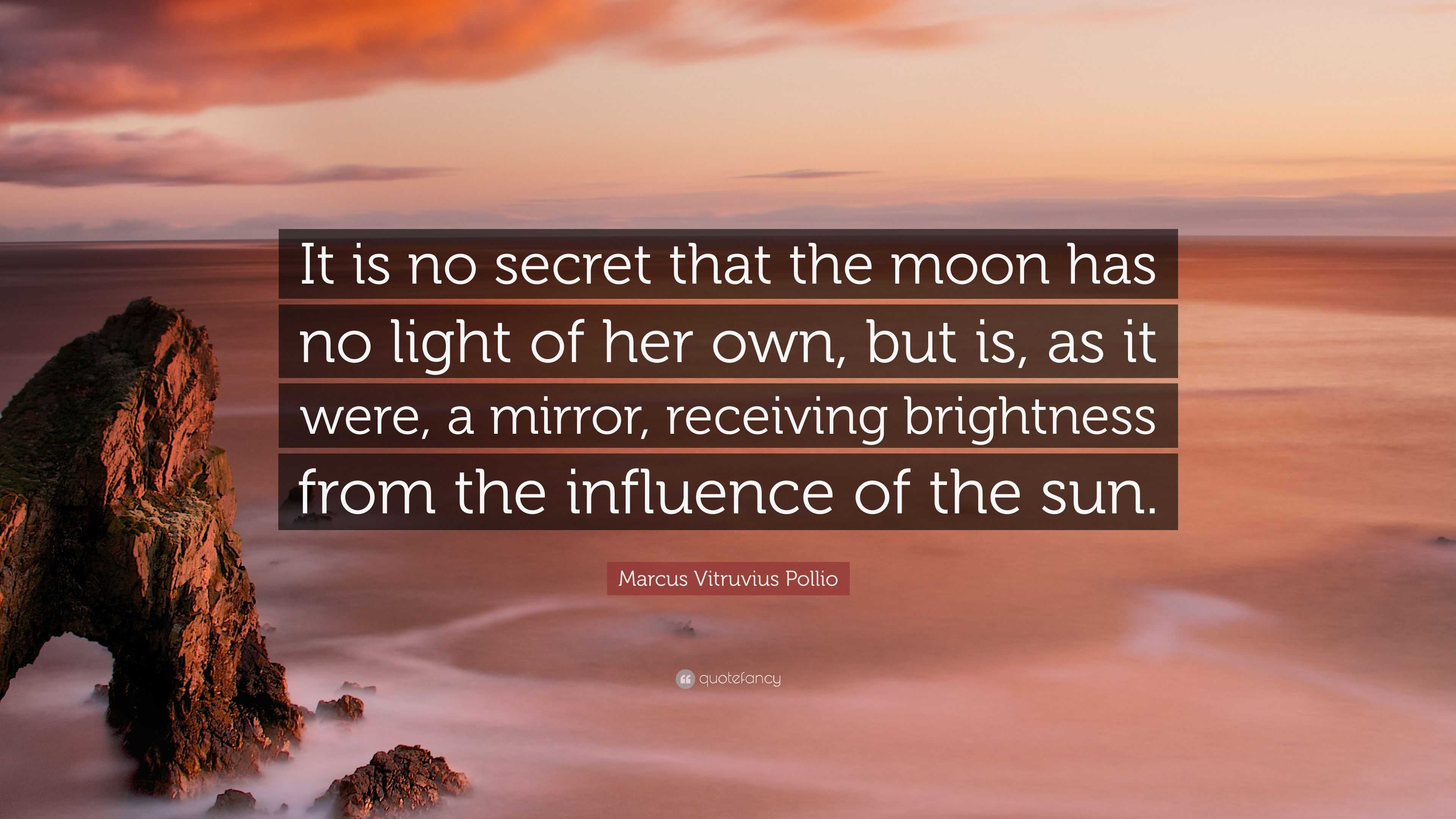
Marcus Vitruvius Pollio Quote “It is no secret that the moon has no light of her own, but is

The moon is its own light source and gives off cool temperature, something they don't teach you

Does the moon produce it's own light? YouTube

NASA video shows the dark side of the moon

Two sons of Rev. Moon have split from his church — and their followers are armed The
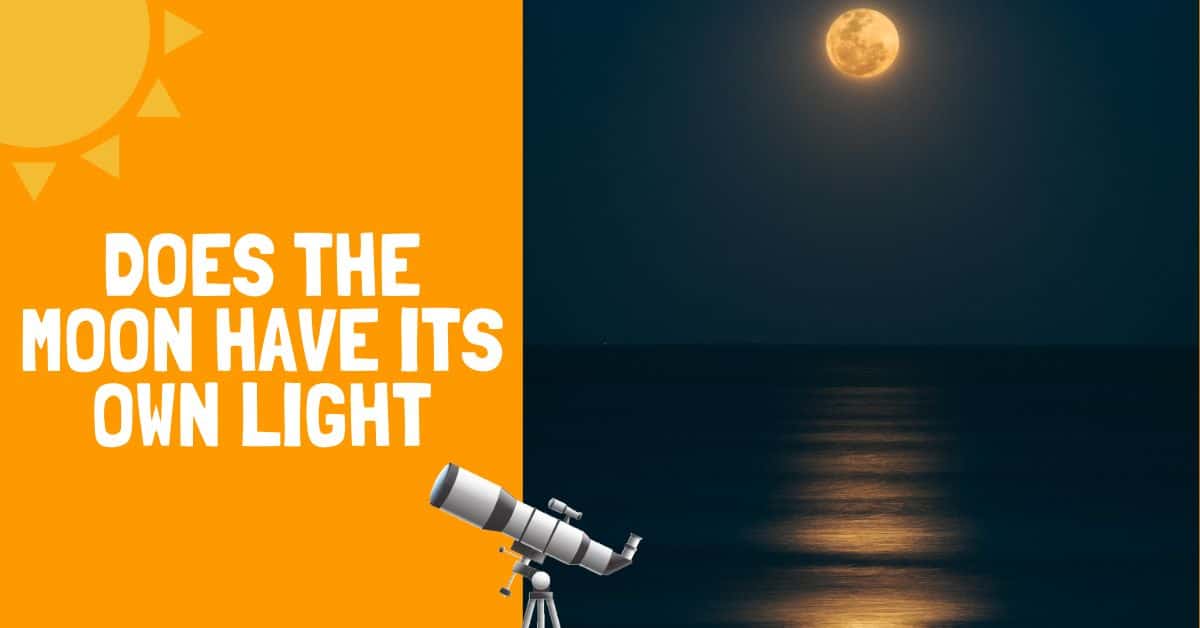
Does the Moon Have Its Own Light Backyard Stargazers
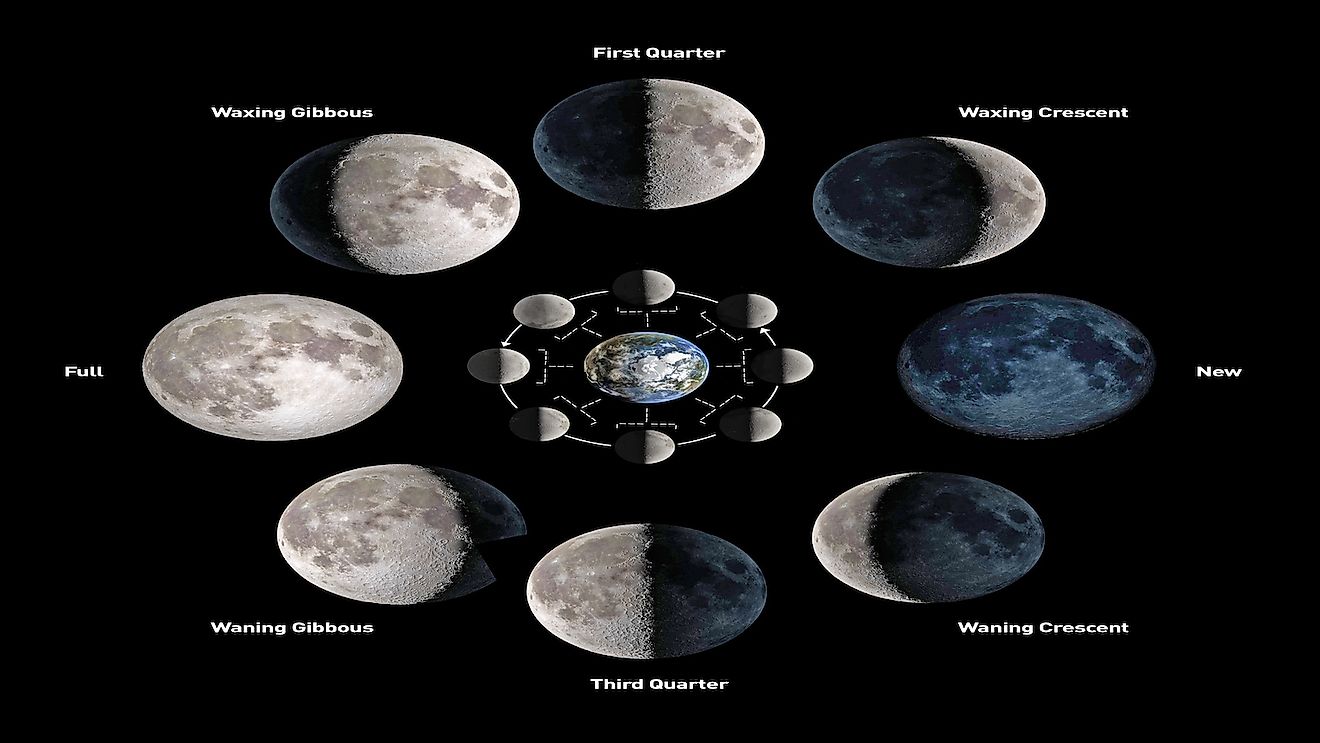
What Are The Different Phases Of The Moon? WorldAtlas

“How does the moon glow?” WSU Insider Washington State University

How Light Looks Different on the Moon and What NASA Is Doing About It
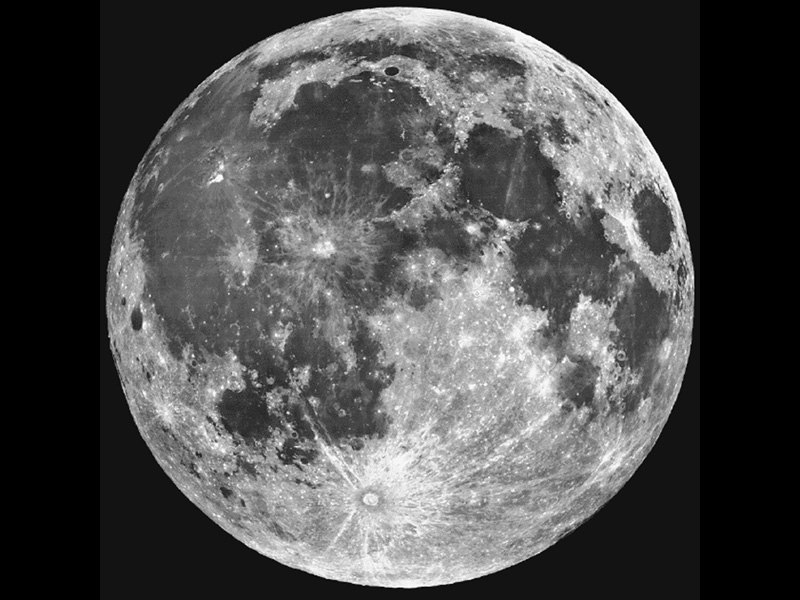
Dark Spots on the Moon Show a Turbulent Solar System Universe Today

The Moon Has No Light of Its Own Single by Imaginary Future Spotify
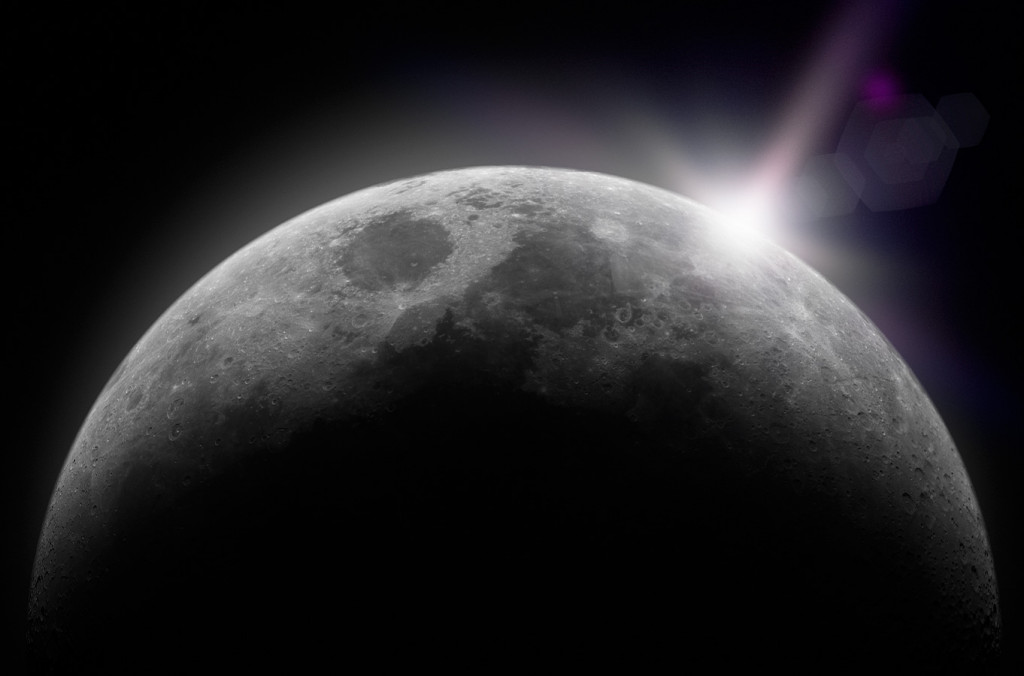
10 Surprising Facts about the Moon The List Love
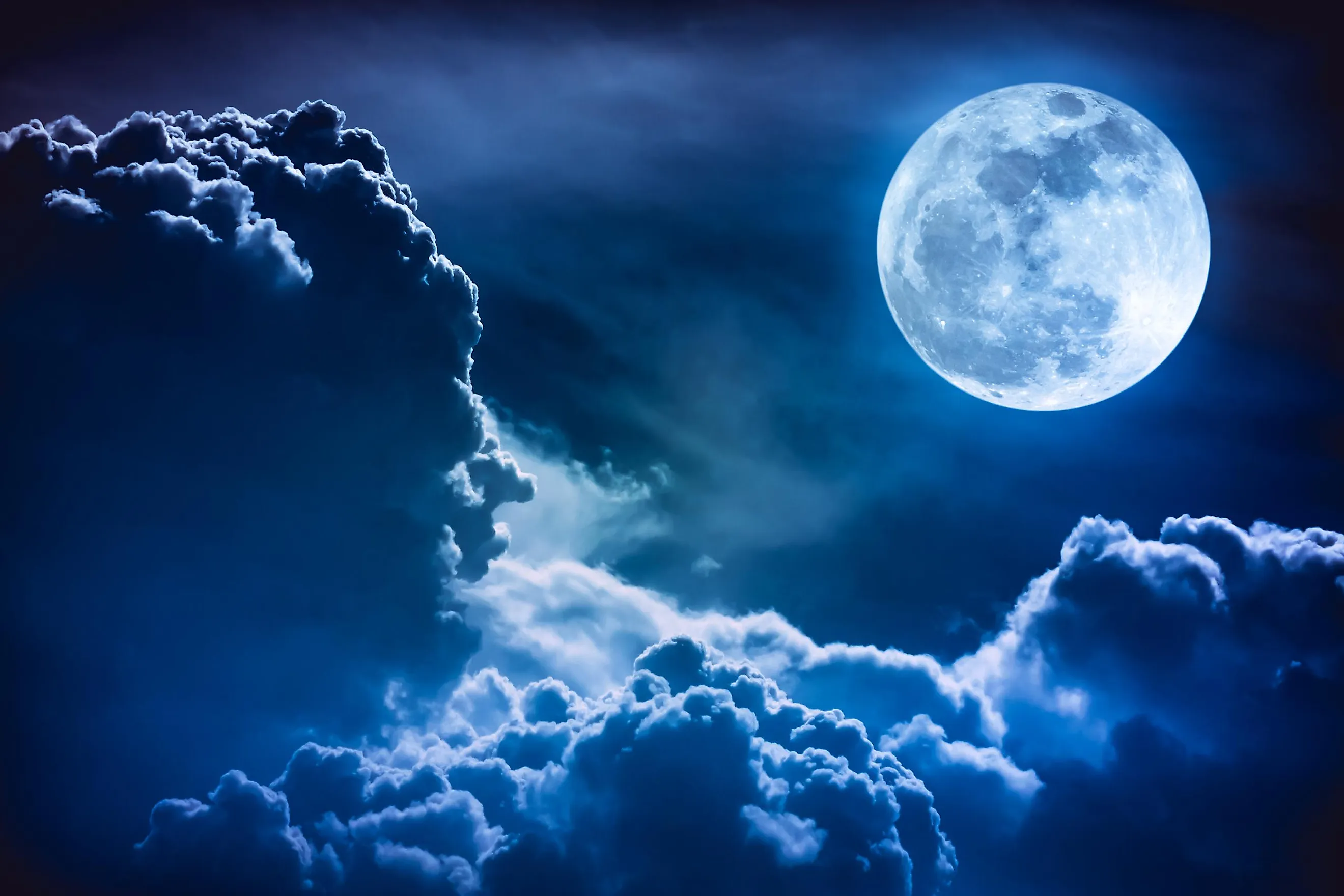
Does The Moon Have a Name? WorldAtlas
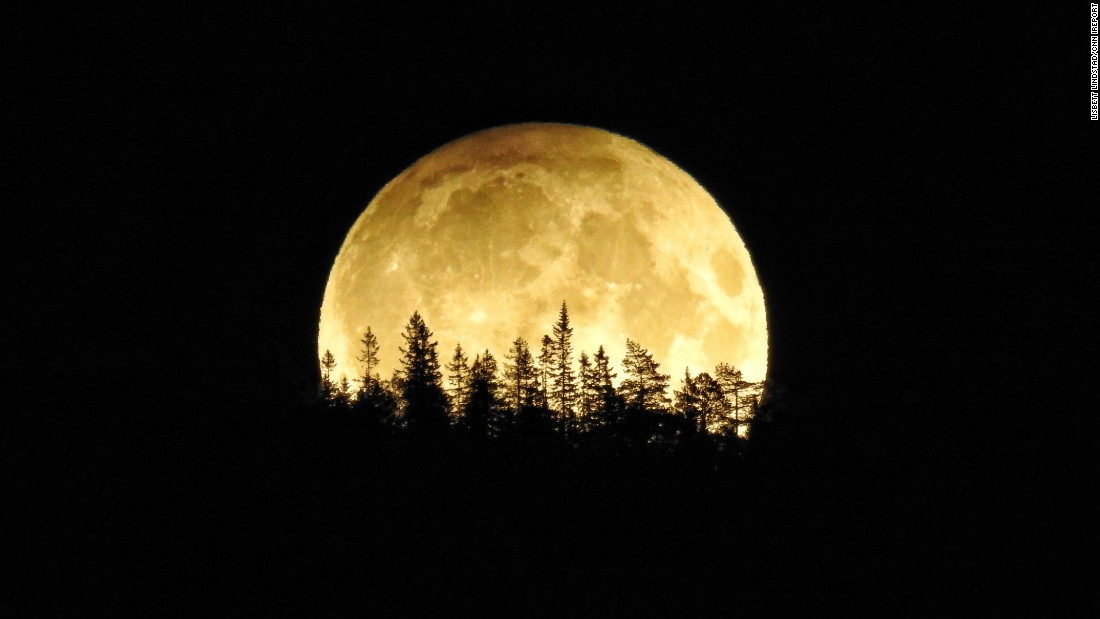
Harvest moon dazzles worldwide CNN
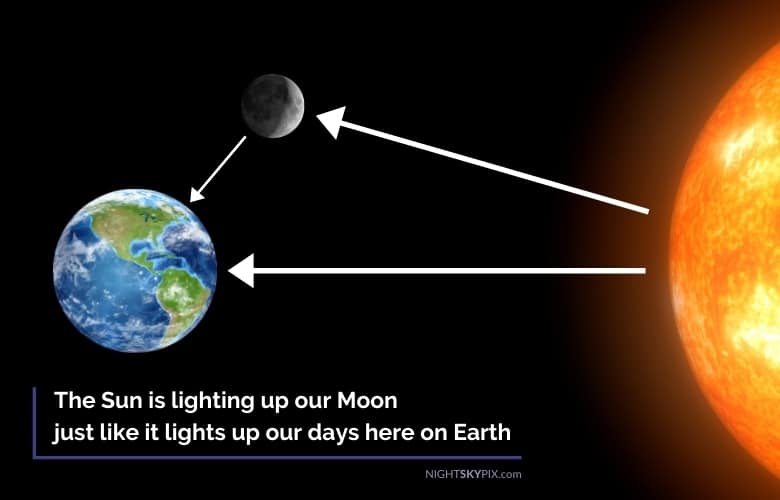
Why Is the Moon So Bright?

The Moon Natural History Museum
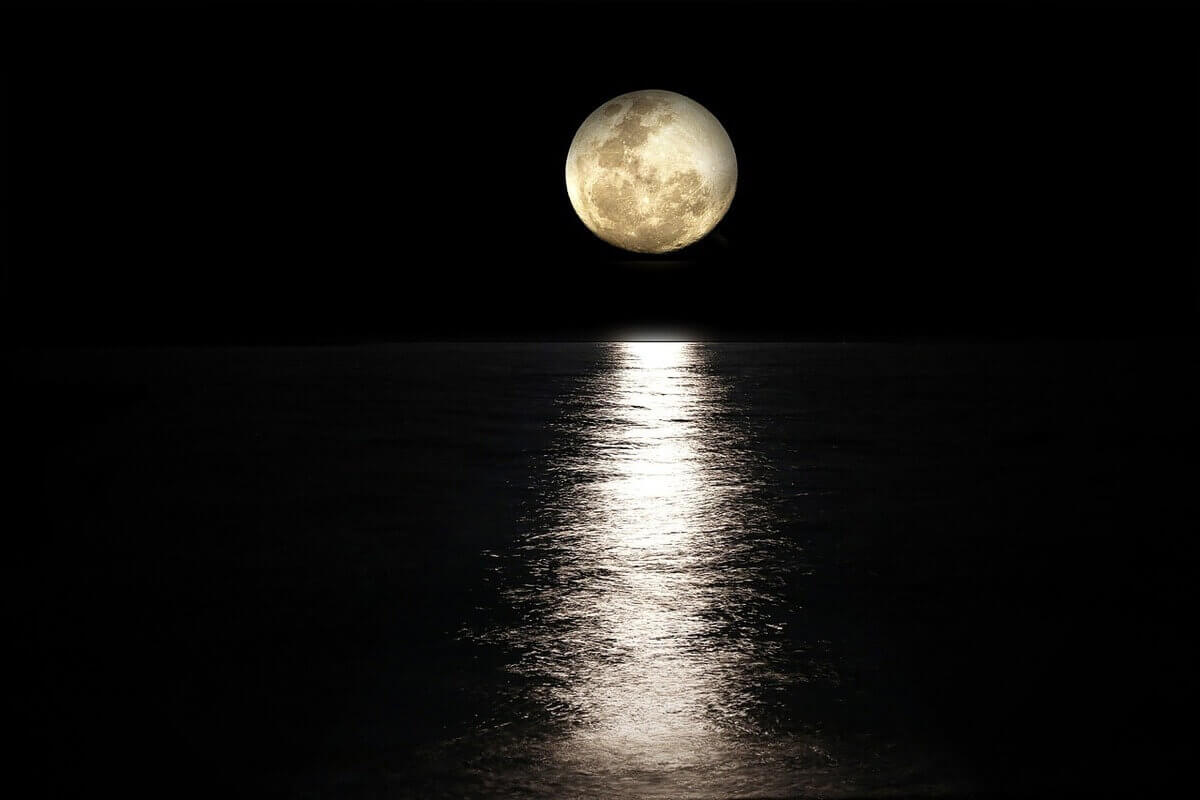
Does The Moon Emit Its Own Light?

how long is a day on the moon Archives Universe Today
The moon shines because its surface reflects light from the sun. And despite the fact that it sometimes seems to shine very brightly, the moon reflects only between 3 and 12 percent of the.. The Moon does not make its own light —"moonlight" is actually reflected sunlight. At any moment, half of the Moon is brightly sunlit (this is the day side). The other half is in the dark (this is the night side). Throughout the month, as the Moon rotates and orbits, day and night occur on different parts of its surface, just like on Earth.